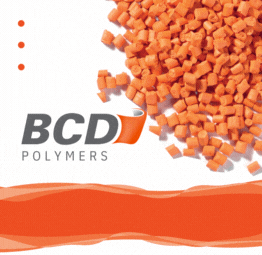The Regulation, which will enter into force in twenty days, supports the industry’s efforts to substitute lead stabilisers in PVC production. In fact, VinylPlus has been working proactively to substitute lead, and since 2015, the EU PVC industry across all EU-27 Member States has ceased using lead-based stabilisers.
With this restriction, the European Commission Regulation builds upon the industry’s efforts to reduce the use of hazardous substances in PVC products and further enhances the circularity of the PVC industry. The Regulation will restrict the import of lead-containing PVC products from third countries where lead is still used as a stabiliser. It will also set a way forward to enable the recycling of PVC products containing legacy lead additives in a manner which safeguards human health and the environment. Additionally, the industry will be given enough time to adjust to the new rules, ensuring the continuity of recycling and enabling the industry’s contribution to the EU's circular economy.
Brigitte Dero, VinylPlus Managing Director, commented: "PVC is a building block of our modern societies: it is a versatile, durable and highly recyclable polymer, widely used in various applications, including building and construction, energy production, agriculture, and healthcare. It plays a significant role in enabling the EU Green Deal, and the industry’s commitment to increase its recycling rate contributes to the EU circular economy. The restriction on lead in PVC represents a significant step in enabling the PVC industry to meet its ambitious recycling targets of one million tonnes per year of recycled PVC used in new products by 2030 in a safe way for human health and the environment. VinylPlus is committed to continuing its efforts to accelerate the European PVC value chain transition to a circular economy, and we look forward to collaborating with all stakeholders to achieve our common goals."


